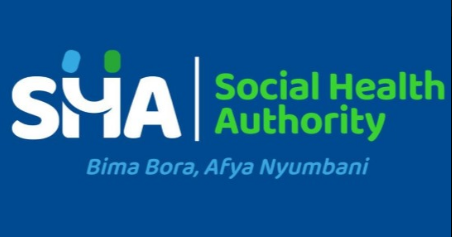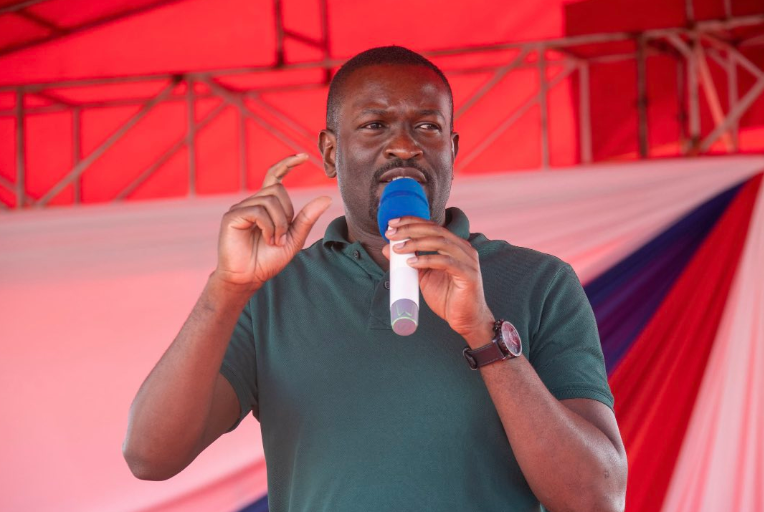Rejection of SHA by private providers ominous sign

Private healthcare providers announced earlier this week that they would suspend services for patients insured under the much-maligned health scheme administered by the Social Health Authority (SHA).
This thunderbolt took Kenya’s healthcare system a step further in the wrong direction. Within a single week, three related events have raised more doubts about the future of a public insurance scheme designed to protect Kenya’s most vulnerable citizens.
First, St Camillus Missionary Hospital’s suspension of services to SHA-insured patients since February 24 has sent shockwaves through communities in the Nyanza region that depend on its care.
Founded by the Ministers of the Sick with an explicit mission to “assist the sick, poor and disadvantaged of Kenya,” the hospital has justified this decision as “unavoidable” due to “massive arrears and debts” unpaid by the government.
The hospital’s position betrays a troubling contradiction between its professed values and its actions.
Its website proudly declares a vision where “the marginalised are recognised, healed and enabled to be relieved of their pains and sufferings”.
It promises to put “the person at the centre” and to uphold “the dignity of every single individual” as “an inalienable value”.
Most soothingly, it commits to “bearing witness to the gratuitousness of love” and “placing ourselves at the service of the least, as commanded by Jesus Christ”.
These are extraordinary commitments, but when financial pressures mounted, these promises began to appear secondary.
In the second event, a Catholic cleric candidly admitted that church-sponsored hospitals have both the drugs and manpower to treat patients but have chosen not to do so because the government had not paid the bills of SHA-insured patients.
This obviously raises ethical questions. Does financial sustainability supersede the moral obligation to serve the vulnerable? What happens to the Christian mandate to care for the sick when government payments falter?
In the third event, the Rural and Urban Private Hospitals Association announced that as of February 24, its members would temporarily suspend services to patients insured under the SHA scheme.
Patients were advised to pay cash or have private health insurance, with the promise that they would be referred to hospitals that accept SHA.
Huh? This effectively excludes the very population the public scheme was designed to protect.
I understand, academically, the dilemma mission hospitals are facing. Faith-based institutions like St Camillus face legitimate financial constraints.
Without sustainable funding, they risk being closed, and that would eliminate care for everyone.
But by turning away the poorest patients, they have compromised their core mission and identity as servants of the marginalised.
Meanwhile, the consequences for patients are immediate and dire. Those rejected by private facilities are funnelled into overcrowded public hospitals with insufficient resources.
Many will likely forgo treatment altogether, leading to deteriorating health outcomes, preventable deaths, and deeper poverty as families exhaust the little cash they have on out-of-pocket healthcare expenses.
Low-income Kenyans were hoping that the SHA scheme would succeed, as access to quality healthcare would be non-existent for many without it.
But the scheme – known by various names, including the Social Health Insurance Fund – has been plagued by technical problems, administrative inefficiencies and, most significantly, failure to honour financial commitments to providers.
The government bears significant responsibility for this impasse. Who in the Ministry of Health can’t see that when hospitals deliver services in good faith but remain unpaid for months, their financial viability is threatened?
The rejection of the SHA scheme by private providers signals that a system meant to advance the government’s vision of universal health coverage could collapse.
Without urgent intervention, the burden will increasingly fall on public facilities, which are ill-equipped to shoulder it alone.
If the government is serious about addressing delayed and inadequate payments to providers and the scheme’s structural flaws, Kenyans haven’t seen the outcome of any such efforts.
As for private institutions, especially faith-based ones, they should reconsider whether temporary financial pressures justify abandoning their basic mission of serving the marginalised.
The moral contradiction of turning away the poor while professing to serve them undermines the credibility of institutions founded on principles of compassion and care.
— The writer is a Sub-Editor with People Daily













